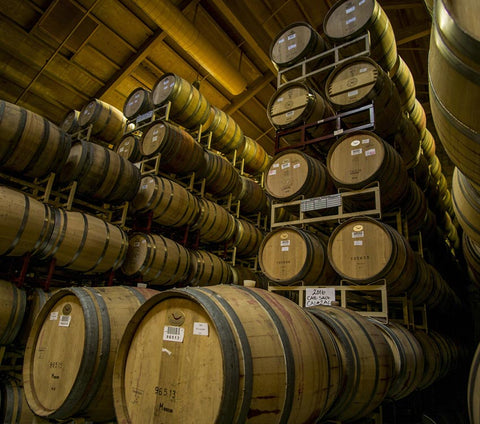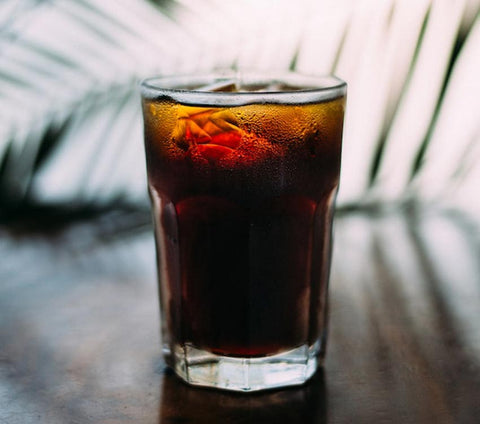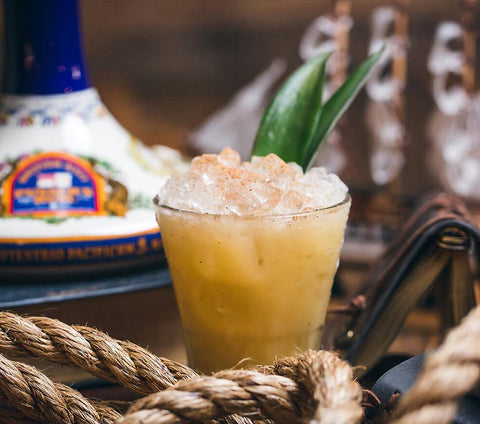Rum History: How Did Rum Get Its Name and What Else Is It Called?

Are you among the 60% of American adults who, as of 2021, were alcohol drinkers? If so, you're probably a rum lover.
Aside from its sweet, toasted, sugary flavor, rum has a long history. This liquor distilled from sugar has countless nicknames and an unclear origin, making it as mysterious as it is delicious.
Although the exact origin of the word "rum" might remain a mystery, there are several working theories. Let's take a look at a detailed rum history.
Where Does "Rum" Come From?
For starters, rum may be a shortened version of the slang words "rumbullion" or "rumbustion." These words may represent a great tumult or a type of uproar.
Rum may even come from the word "roemer," a Dutch word for a large glass. This word is pronounced "rummer," and might be where the word rum comes from.
The word rum might also stem from the word rummage, as it was often stowed in this part of a ship as it made its journey across the sea.
Areas of Production
It's also theorized that rum comes from a drink the Malay people produced, known as brum. Fermented drinks made from sugar cane have a very long history, so this may very well be where the name for rum came from.
When reading about the rum word origin, you'll learn that its birthplace is Barbados, dating back to the 1630s. The first rum exports came from there, and this is where the words "Rum Bullion" first appeared.
Rum has even been called a "hot, hellish, and terrible liquor". In 1703, Mount Gay Rum Distilleries was founded. It's thought that this distillery produces the oldest rum worldwide which is currently sold in over 100 countries.
Shortly after sugar production began in the mid-17th century, rum production began in Antigua and Barbuda. Royal Navy sailors frequently visited Antigua, enjoying rum while taking a strategic break as they sailed the high seas.
Other Names for Rum
Now that you have some rum history under your belt, you're probably wondering about other names for rum.
Some names for rum include Demon Water, Nelson's Blood, Navy Neaters, Red Eye, Pirate's Drink, Devil's Death, Kill Devil, Barbados Water, and Rumbo.
These names stem from the general theme that rum is fierce and strong, causing the drinker to get into all types of debauchery.
But where did the name "Nelson's Blood" come from? It's thought that Admiral Nelson's body was brought back to England and preserved in a cask of rum.
Rum History
When reading about rum history, you'll learn that the origin of its name might be unclear, but there's no denying how widely received it is. Since rum is the oldest spirit the world has ever seen, its history is constantly changing. This reflects all the new and exciting "stories" that emerge.
Now that you've learned some great rum facts, be sure to purchase a bottle of Pusser's Rum. Our award-winning rum is perfect for any occasion.








Leave a comment